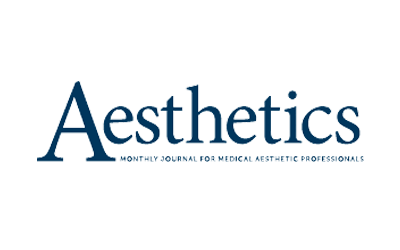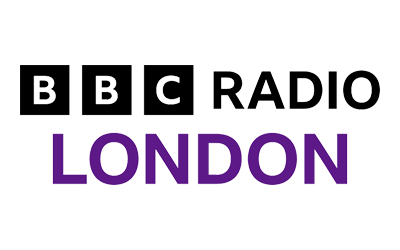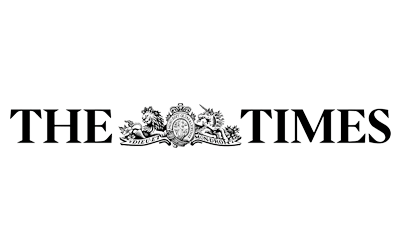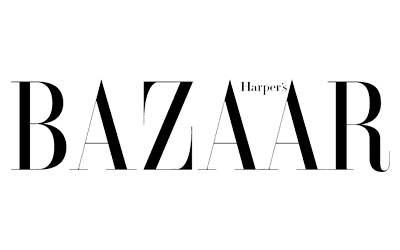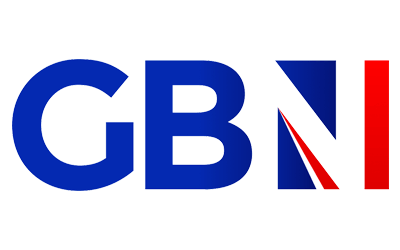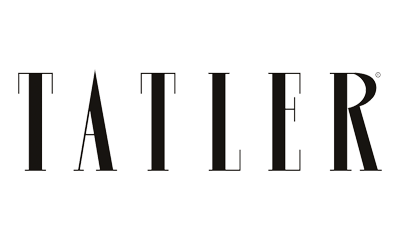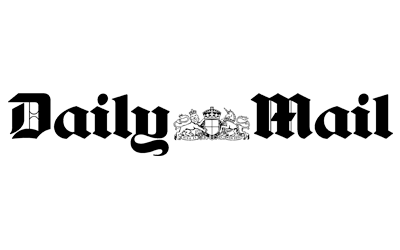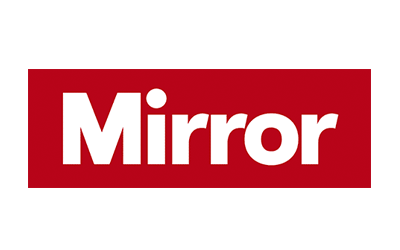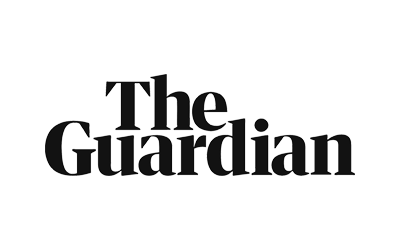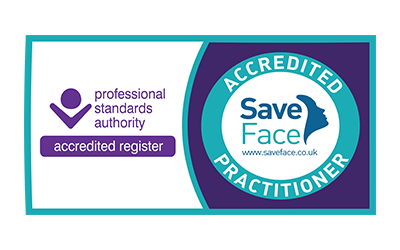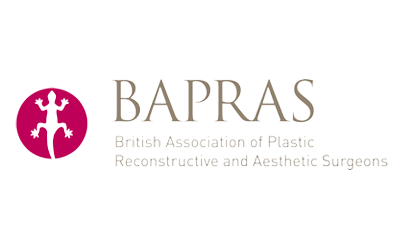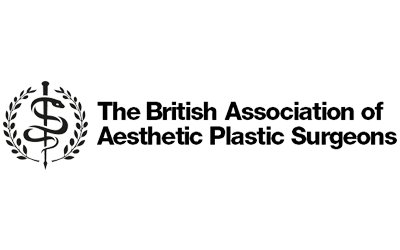Rhinoplasty – more commonly known as a nose job – is an intricate cosmetic procedure that requires a great deal of skill and experience on the part of your surgeon to achieve the end result you are looking for.
It’s crucial to follow Mr Karidis’ pre and post-operative recommendations to ensure the best possible results from your rhinoplasty procedure.
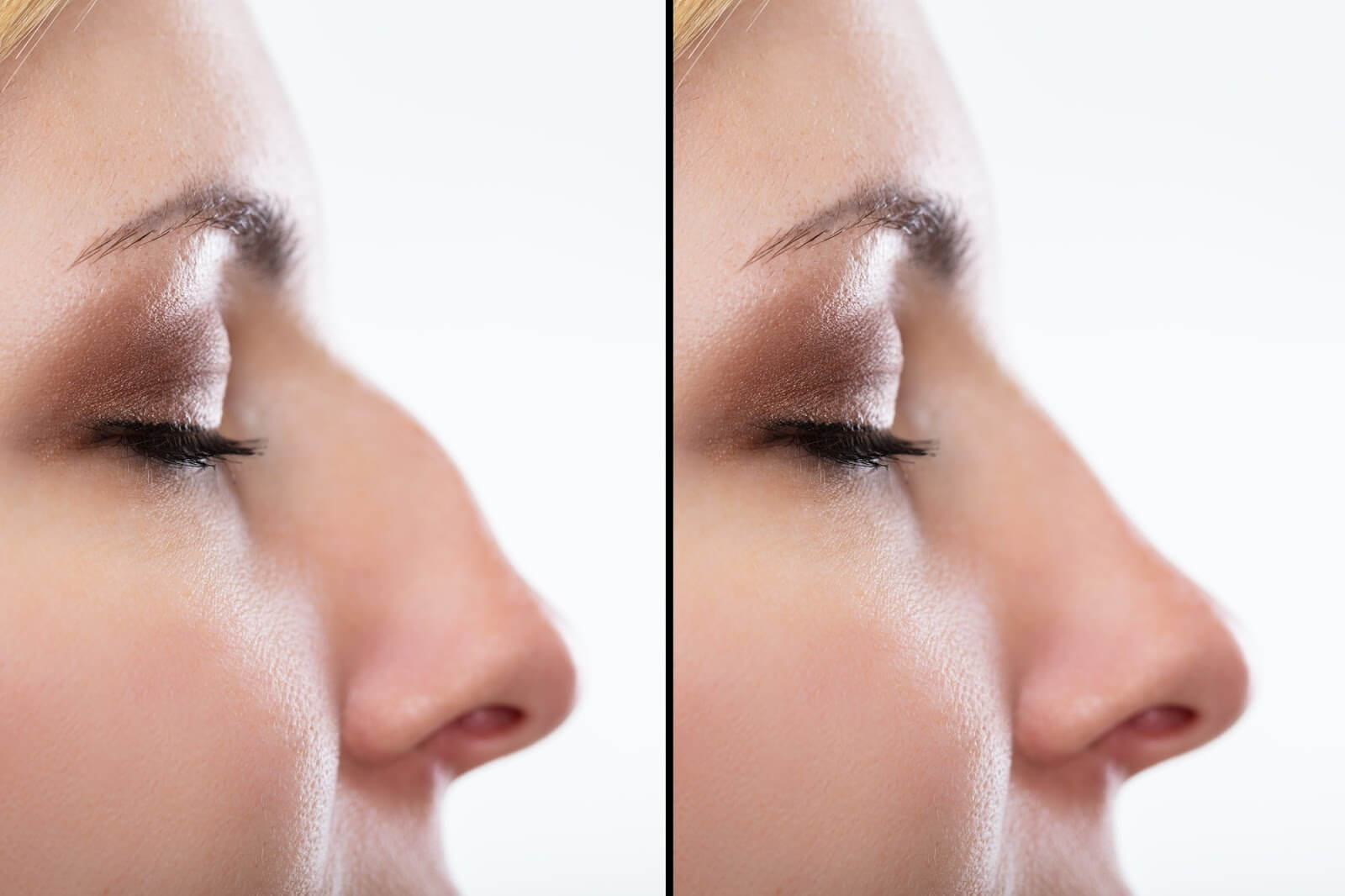
Your pre-rhinoplasty consultation
Before you decide to proceed with a rhinoplasty it is very important to choose a reputable surgeon, then discuss your expectations and desired results at your consultation. During your consultation, Mr Karidis will answer any questions you may have about the procedure and discuss your predicted post-surgery results.
It’s important to remember that results of nasal reduction and reshaping surgery do vary from patient to patient and the final outcome of the surgery will depend on the individual.
You will also be able to see before and after photos showing previous patients’ results after a rhinoplasty with Mr Karidis.
Preparing for rhinoplasty
Although you may experience a short period of discomfort immediately after rhinoplasty, our patients typically agree that the benefits of the procedure significantly outweigh any negative aspects of recovery.
It is very important to go into the procedure knowing what to expect to increase your chances of having a smooth rhinoplasty recovery and results that meet your goals.
Rhinoplasty recovery – dos and don’ts
In order to recover as quickly as possible after a rhinoplasty it’s important to follow the aftercare advice from your surgeon.
Things to do after Rhinoplasty:
- Get plenty of rest – you should take at least a week off work after surgery. You are likely to experience some discomfort for the first few days, but this will usually have resolved by the end of the first week after surgery
- Stay hydrated – drink at least 2 litres of water per day. This will help to reduce any post-operative swelling
- Sleep with your head elevated
- Attend all of your follow up appointments
- Take any pain relief medication you’re prescribed at the clinic
- Use ice packs or cold compresses to reduce any post-operative swelling
- Keep the inside of your nose moist and clean with saline spray
What not to do after rhinoplasty
- Take part in any strenuous activity for at least two weeks after surgery. Any activity such as sport that could cause an injury put your nose at risk of injury must be avoided at all costs for a minimum of a few months
- Ignore any signs of post-operative complications or infection
- Injure your nose during recovery – if you do injure your nose, contact us immediately. You may need to schedule an appointment for a check up
- Skip your follow up appointments – these appointments give Mr Karidis the chance to evaluate your progress and recovery
- Blow your nose if possible for the first 3 weeks after surgery
- Eat spicy or salty food for 3 weeks after surgery
- Take any medication or supplements that thin the blood for at least two weeks after your procedure such as ibuprofen, aspirin, ginkgo biloba
- Worry about your recovery – recovering from surgery can be a slow and uncomfortable process. Anxiety can be just as detrimental to the recovery process as physical exertion. Ensure you stay calm, stay positive and get plenty of rest
- Drink alcohol
- Smoke
What is the recommended rhinoplasty recovery time?
Usually, patients will take up to two weeks off work for recovery after rhinoplasty, and it’ll take a few months to see the full effect. Obvious swelling will rapidly decrease in the 3-4 weeks post-surgery.
Potential post-operative complications following rhinoplasty
Complications following a rhinoplasty are rare, but they can happen.
Look out for:
- Persistent or excessive bleeding
- Any signs of infection, including fever or discharge from your nose
- Any skin problems like a painful rash or persistent discolouration following the removal of your bandages
- Any nasal blockages caused by swelling
- Sharp or excessive pain in your septum or sinuses
If you experience any of these symptoms after surgery, contact us immediately.
Recovering from rhinoplasty
While you will see definite changes to the appearance of your nose once your dressings are removed, any post-operative swelling and bruising can take several weeks to subside. Cold compresses or ice packs can help to alleviate these symptoms and pain relief can also help reduce any discomfort.
It can take up to a year for your nose to heal completely after rhinoplasty.
Find out more about the rhinoplasty recovery timeline.
Rhinoplasty can leave you feeling more confident, significantly improving your quality of life. To find out more about Rhinoplasty or tip rhinoplasty at our London clinic, call us on 020 3811 5982 for a friendly chat. Our trusted surgeon, Mr Mark Ho-Asjoe, also specialises in rhinoplasty for Asian patients for any clients looking for culturally-considered rhinoplasty.

